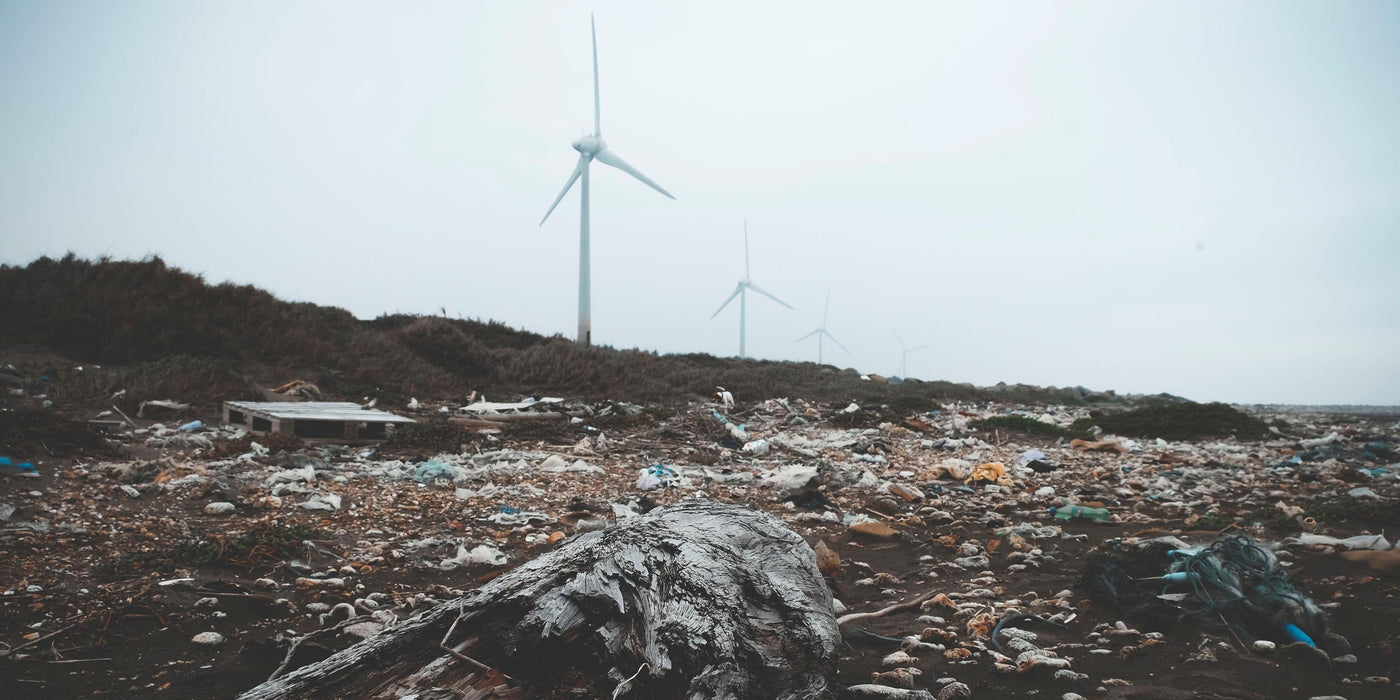| Total before discount: | €0.00 EUR |
| Total | €0.00 EUR |
 100% secure checkout
100% secure checkout B-Corp certified
B-Corp certified


 100% secure checkout
100% secure checkout B-Corp certified
B-Corp certified| Total before discount: | €0.00 EUR |
| Total | €0.00 EUR |
How can you reduce your carbon footprint?
Planet Earth needs our help. We humans are ingenious in many ways, but our way of living at the moment, isn’t sustainable if we’re planning to stay on this planet in the future. Earth is getting ever warmer and we’re about to erase our biodiversity.
We know it’s frightening to read about the state of our environment, and it’s hard to know if there’s any way a single person can do anything useful to reverse the trend. The truth is that it’s down to every single one of us to do our bit, so that we collectively can achieve change.
Here are five great changes to your own habits that would really help out. Maybe you’re already following some of this advice, in which case you’re helping out to make our planet more sustainable.

Transportation of goods accounts for 14 percent of global greenhouse emissions, and a big chunk of global transportation is that which moves food-products from one side of the earth to another. To help reduce your share of emissions, a good start is to not only think about where and how you travel, but to also think about the things you consume every day, and if you’re consuming food that has been produced in your vicinity.
The single most effective action you can take to combat climate change is toreduce your consumption of meat, or even stopping to eat meat entirely. Greenhouse gas emissions from agriculture are an even bigger challenge than fossil fuels. And while you don’t have to become a vegan or vegetarian, eating less meat (the average American eats 8.5 ounces of meat per day!) will significantly help the environment. A single pound of beef requires over 18,927 litres water to produce, and agriculture is the single largest consumer of freshwater in the world, greatly contributing to global water scarcity.
Most large globalclothing retailers are engaged in what’s commonly known as “fast fashion” – selling an endless cycle of must-have trends at extremely low prices. Have you ever wondered how it’s possible to pay only $4 for that t-shirt? In our consumer society, we think of fashion as disposable – if I only pay $4 for a t-shirt, I don’t think twice about throwing it away. Heaps of fast-fashion clothing ends up in landfills, contributing to tens of millions of tons oftextile waste generated every year. Besides, almost half of our clothing is made with cotton, which is often sprayed with pesticides (including known carcinogens). This can be damaging to neighboring non-GMO crops, cause water contamination, reduce biodiversity, and have negative impacts on human health. So try alternatives like repurposing old clothes, choosing locally handmade garments, buying vintage, or participate in clothing swaps with family and friends.
Drink from the tap, or filter your own water. This will also save you money and prevent more plastic trash from ending up in our precious oceans.

